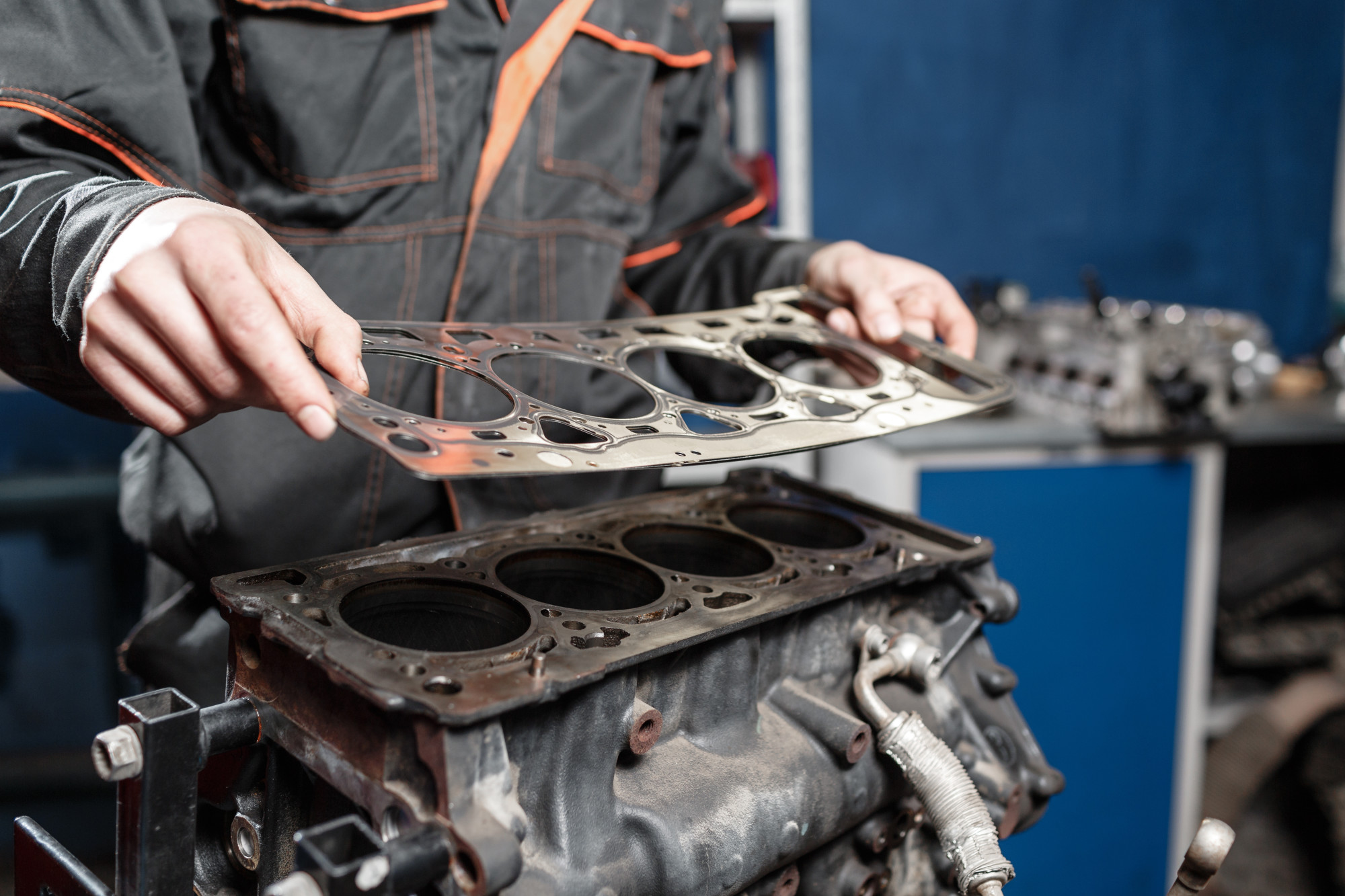Car engines need tons of small parts to run smoothly, and these can be both big and small. The gasket in your car is essential for the engine’s combustion process.
When this breaks down, your repair costs could reflect a higher number than expected. Here is all you need to know about your gasket and how to maintain it carefully to avoid expensive bills.
What Does Your Gasket Do?
The gasket seals your internal combustion process so that the coolant and oil do not mix. You can find this between the top of your engine and the block between the cylinder head in the main part of your engine.
The engine gasket will seal the oil in this space to freely move around the engine to where it is needed, and the main types are cylinder head, oil pan, manifold, and pump gaskets. The cylinder head is the one you find in most everyday cars and trucks on the road.
How to Know If Your Gasket Fails
Recognizing gasket problems can be tricky if you are not familiar with engines. The leading cause of failure is overheating because this is part of your engine’s combustion process, especially if the gasket is leaking. Some of the main symptoms to look out for are white or milky oil. This would show that the coolant has seeped into your oil, and that is why the liquid looks white around the engine’s oil filler cap or dipstick.
You could also see some white exhaust smoke. This happens when the coolant flows in your combustion chamber. When it burns or evaporates, that is when the white smoke comes out. If your gasket has been perforated, the pressure in the combustion chamber will decrease your engine power, and it will give you a massive hint about your car’s performance.
Always make sure that your coolant is topped up, and the system works well without leaks. Your mechanic should install the gasket correctly with the right bolts. They need to ensure that the seal is not too loose or too tight to crush the gasket.
Can You Drive with A Blown Gasket?
Even though you can drive around with a blown gasket, you really should not. This is because once the seal has blown, the pressure in your combustion chamber will go down, and your car will suffer if you keep pushing speeds.
If you do not repair your gasket immediately, it will keep leaking more and more coolant, and this will cause your engine to overheat and crack. To avoid a hefty repair bill, you should also avoid letting the motor oil mix with this coolant because if it gets diluted, you will not get the right lubrication, and this damage could be permanent.
Will You Need to Replace Your Car?
A blown gasket does not mean the end of your ride because you can still drive it, but the damages caused by the lack of lubrication and overheated bits can ruin your engine, and this will need to be replaced with a brand new one. Check out dpfpartsdirect.com for the best deals.

